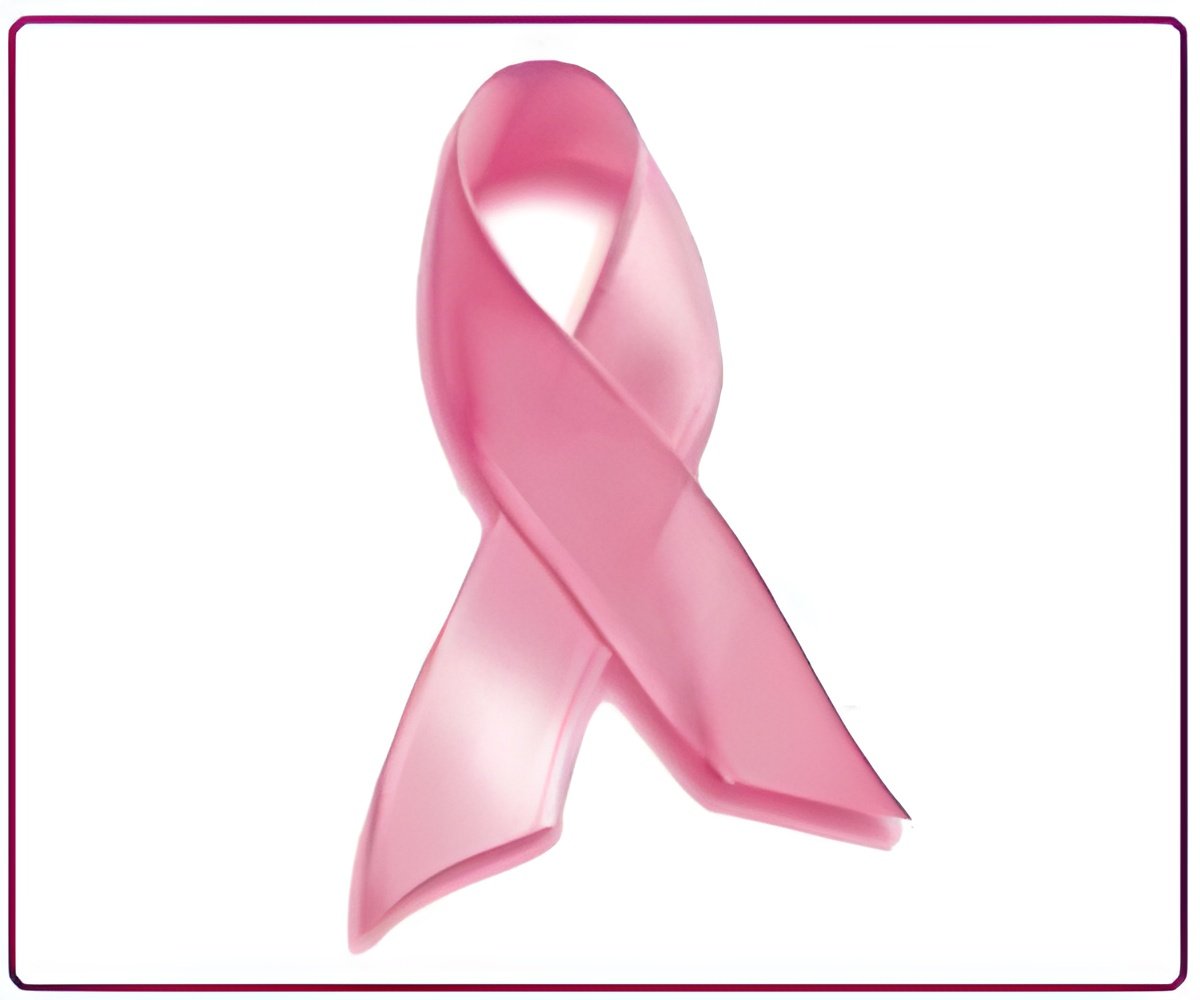
In two papers published this month in the journal Clinical Oncology, Professor Paul Symonds of the Department of Cancer Studies and Molecular Medicine, assesses attitudes and beliefs concerning cancer care in the UK.
In one paper, Professor Symonds, who is also a consultant at Leicester's Hospitals, and researcher Karen Lord highlight the importance of closer clinical relationships between physicians and cancer patients in helping patients cope with both treatment and diagnosis.
He said: "It is widely accepted that low trust between a cancer patient and their doctor can influence treatment outcome. The good news is that in Leicester we have found a very high level of trust in both hospital and primary care doctors. We must, however, understand the needs of particular patients when sharing sensitive information about the disease and treatment in order to maintain this trust."
Professor Symonds research, funded by Hope Against Cancer, measured trust in healthcare professionals amongst ethnically diverse cancer patients and assessed the effect of this trust on the patients' ability to cope when diagnosed with cancer.
Between September 2007 and January 2010, 279 patients, who were aware they had cancer, entered the study at the Leicestershire Cancer Centre. Researchers found that there was a high level of trust in local hospital doctors in both groups with a confidence that hospital doctors would give the best possible treatment. Researchers also found that:
Advertisement
- Over 90% of patients regarded their hospital doctors as honest, competent and caring.
- A greater understanding by the patient of their illness is a strong predictor of trust.
- The British South Asian community had slightly less trust in their GPs but still preferred the general practitioner to be the key communicator of sensitive information.
- Those who did not have this level of trust and had more symptoms of depression were less sure that doctors always listened to their concerns.
- Women and depressed patients had a higher preference for seeing doctors of the same gender with Asian women being more particular on this matter.
- More patients among the British South Asian community wished to receive sensitive information from someone of a similar religion or background.
Professor Symonds warned against the effect of NHS cost cutting eroding patient trust as has been observed in the USA.
Advertisement
In a separate study also published in the same journal the Leicester researchers compared knowledge about the outcome of cancer treatment and beliefs about the causes of cancer among British South Asian cancer patients and beliefs held by British White cancer patients and the impact of these beliefs upon the patients' mental health.
The vast majority believed cancer to be curable, with only 10.6% of the British South Asian group and 2.7% of the British White group thinking it was incurable. Out of the total sample, 93% understood the advantages of early screening.
The way patients understand cancer can have a major impact on how they cope with it psychologically. This study is part of a wider investigation with the long-term aim of improving psychological support of cancer patients.
Source-Eurekalert














